Description
Addition and Subtraction on a Number Line
Boost your child’s math skills with these addition and subtraction worksheets. They focus on adding and subtracting, making it easy for kids to grasp these concepts. We suggest using a number line to show how to add and subtract – a fun way for children to understand by moving their fingers from point to point.
The main focus is teaching children to fluently add and subtract within 20 using mental strategies. We use number line worksheets to make it understandable for kids. Children who fully grasp the concept will efficiently operate with negative numbers.
The worksheets start with single-digit addition and subtraction and gradually expand to addition and subtraction within 20. These problems prepare students for the next step: vertical addition and subtraction with regrouping.
As children solve problems on these sheets, they naturally learn to add and subtract confidently. These worksheets suit active and curious kids; parents and teachers can use them in class or at home. Make math enjoyable and accessible for your child with these engaging materials.
Discover everything you need to practice basic math skills in this comprehensive set of addition and subtraction worksheets.
Common Core Math Standards:
- K.OA.1; K.OA.2; K.OA.3; K.OA.4; K.OA.5;
- 1.OA.3; 1.OA.4; 1.OA.5; 1.OA.6; 1.OA.7; 1.OA.8;
- 1.NBT.4; 1.NBT.5;
41 pages
Other Topic-Related Math Worksheets for Kindergarten:

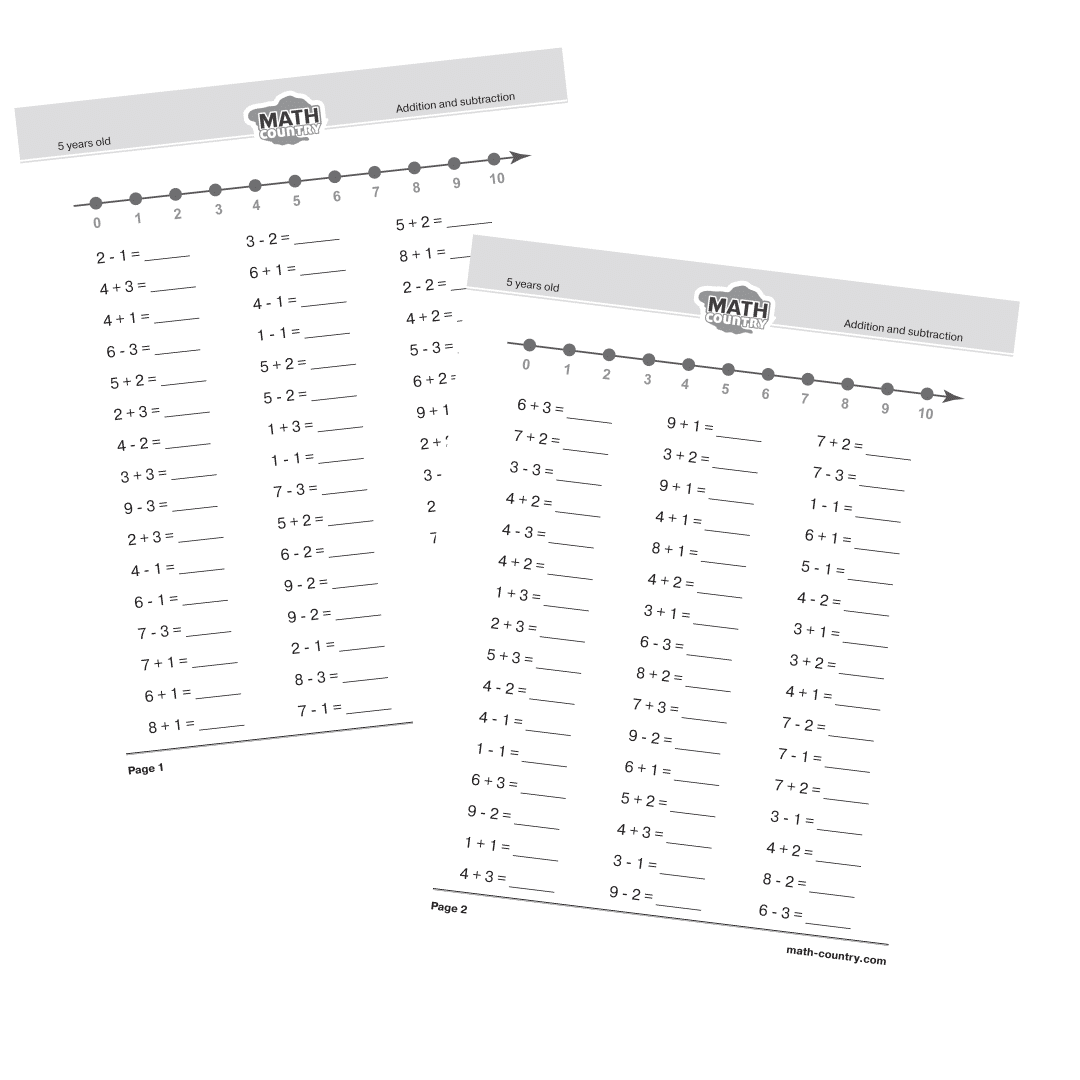

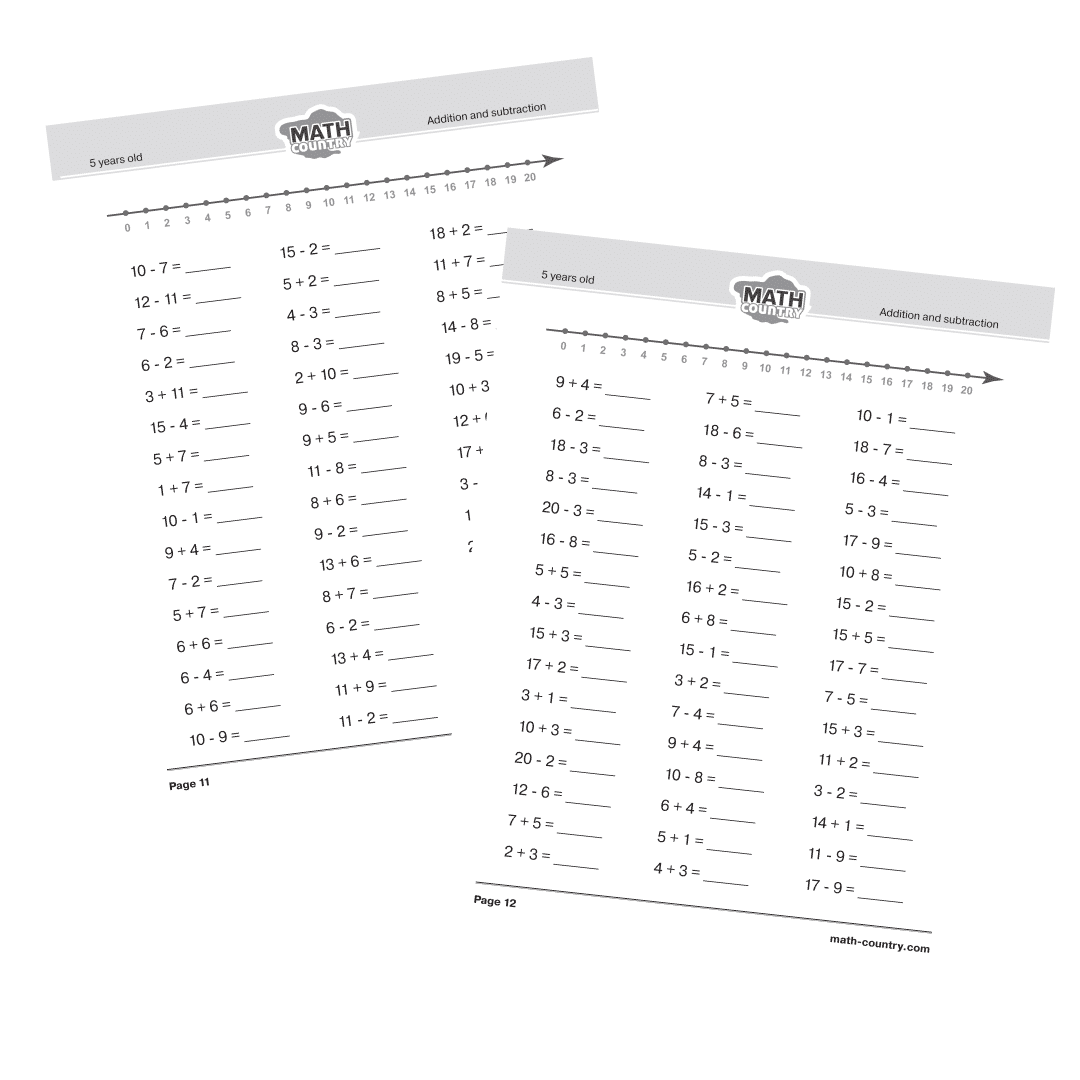
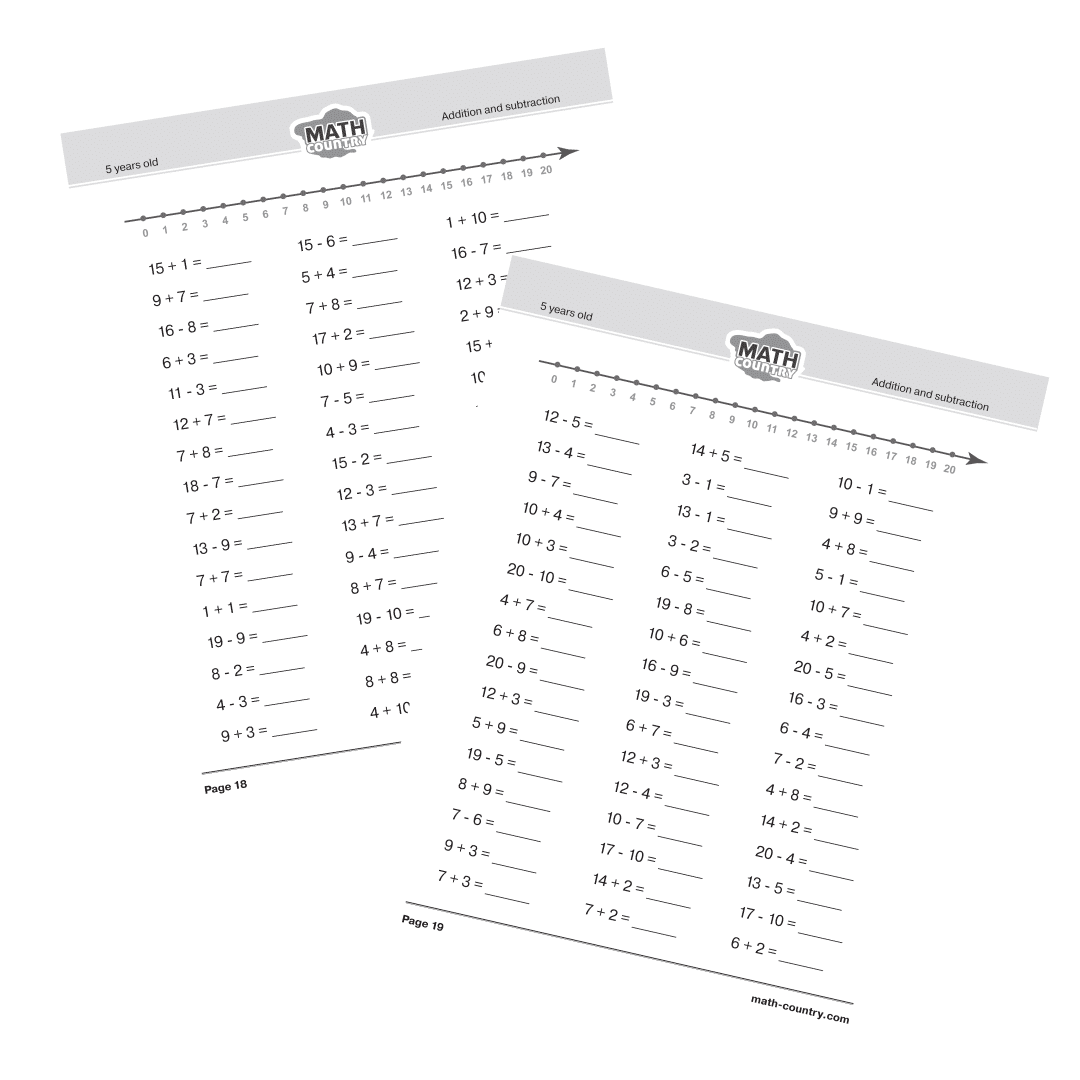
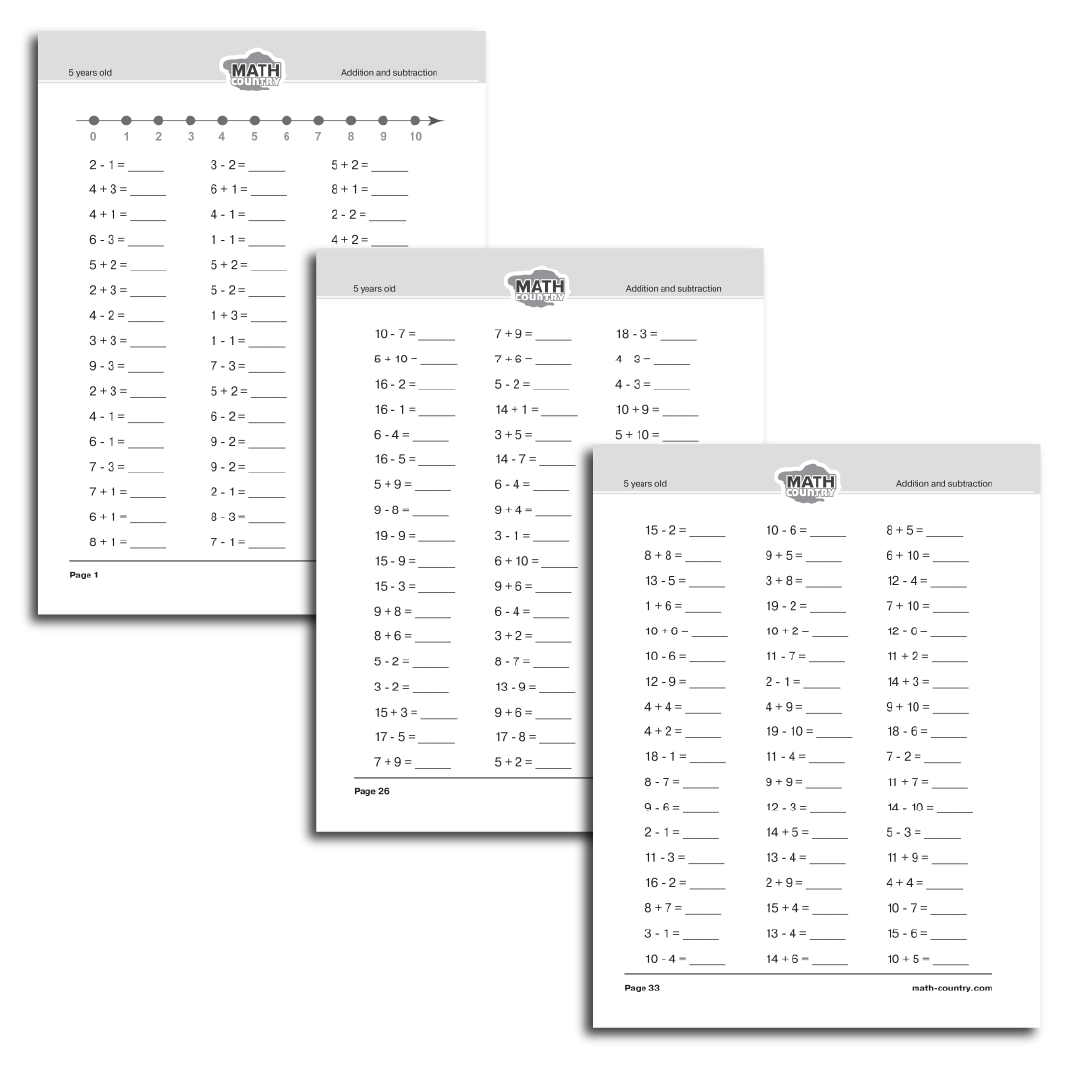
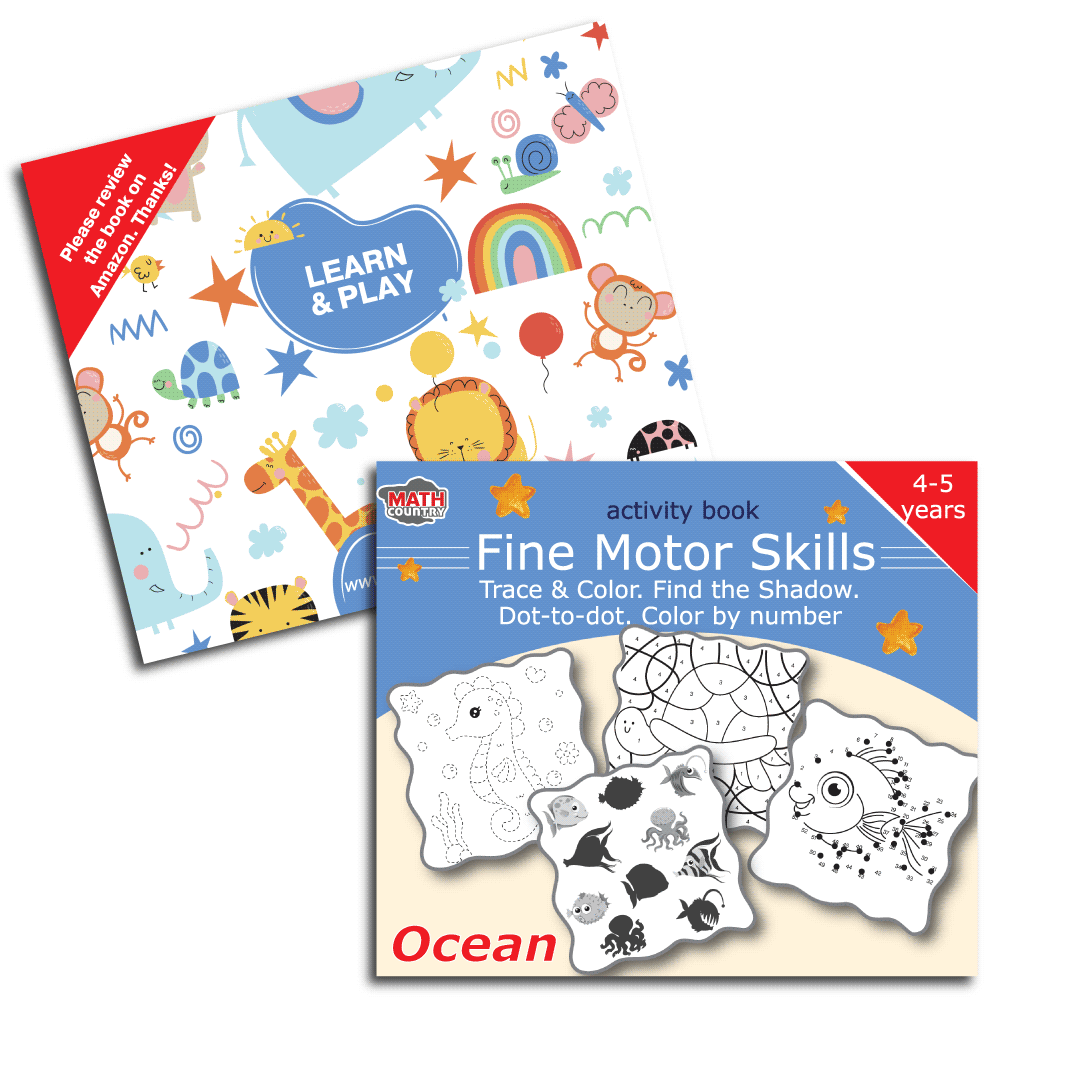
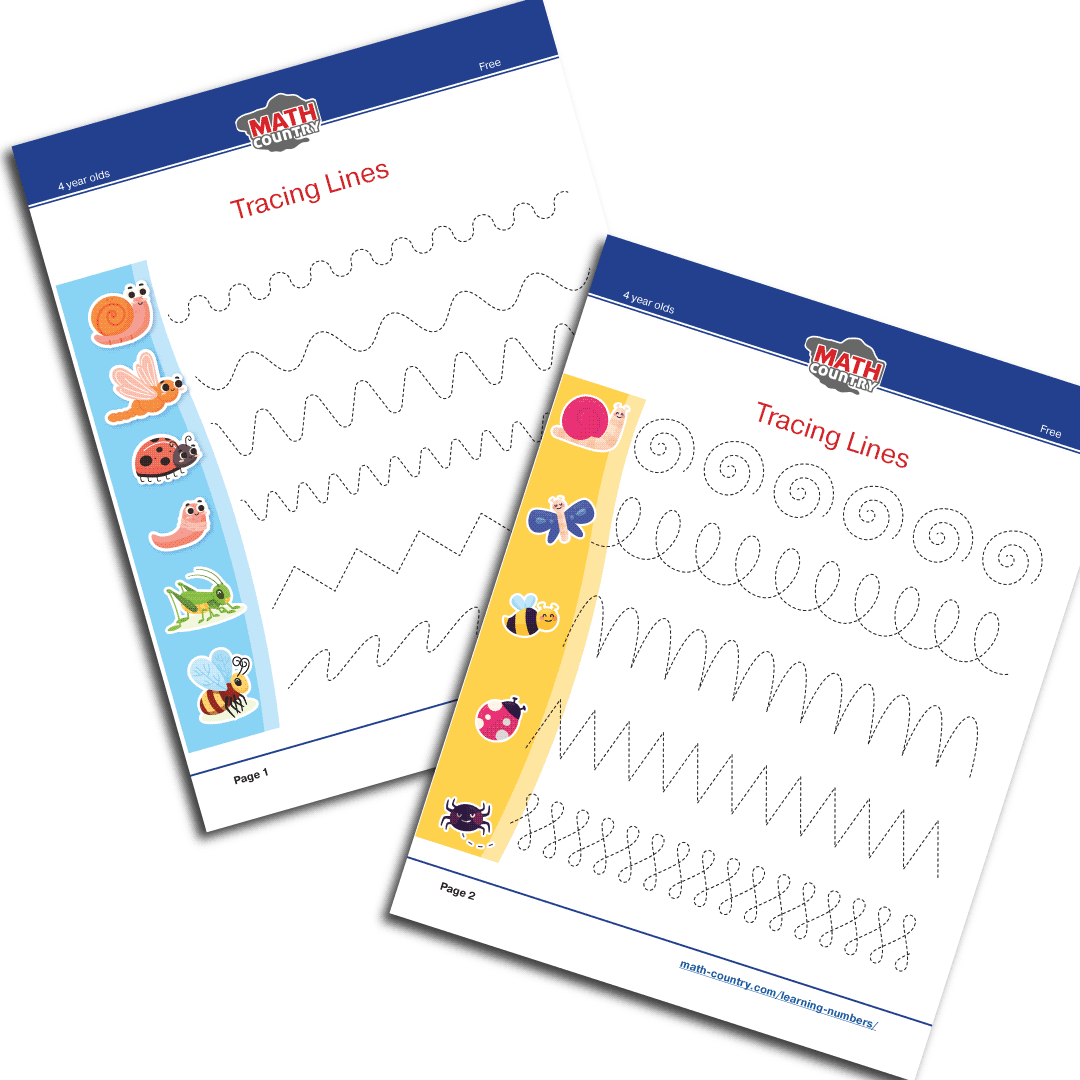
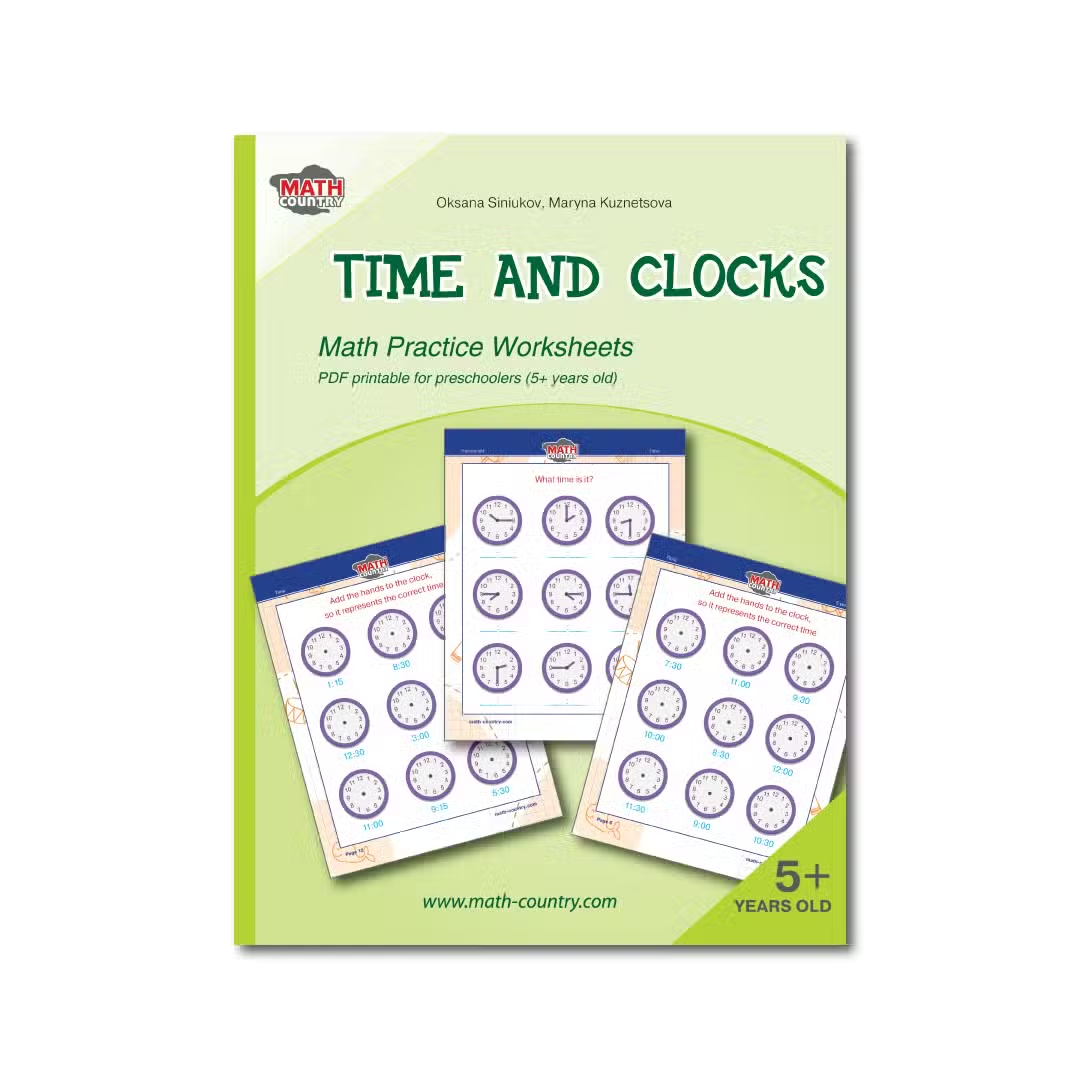
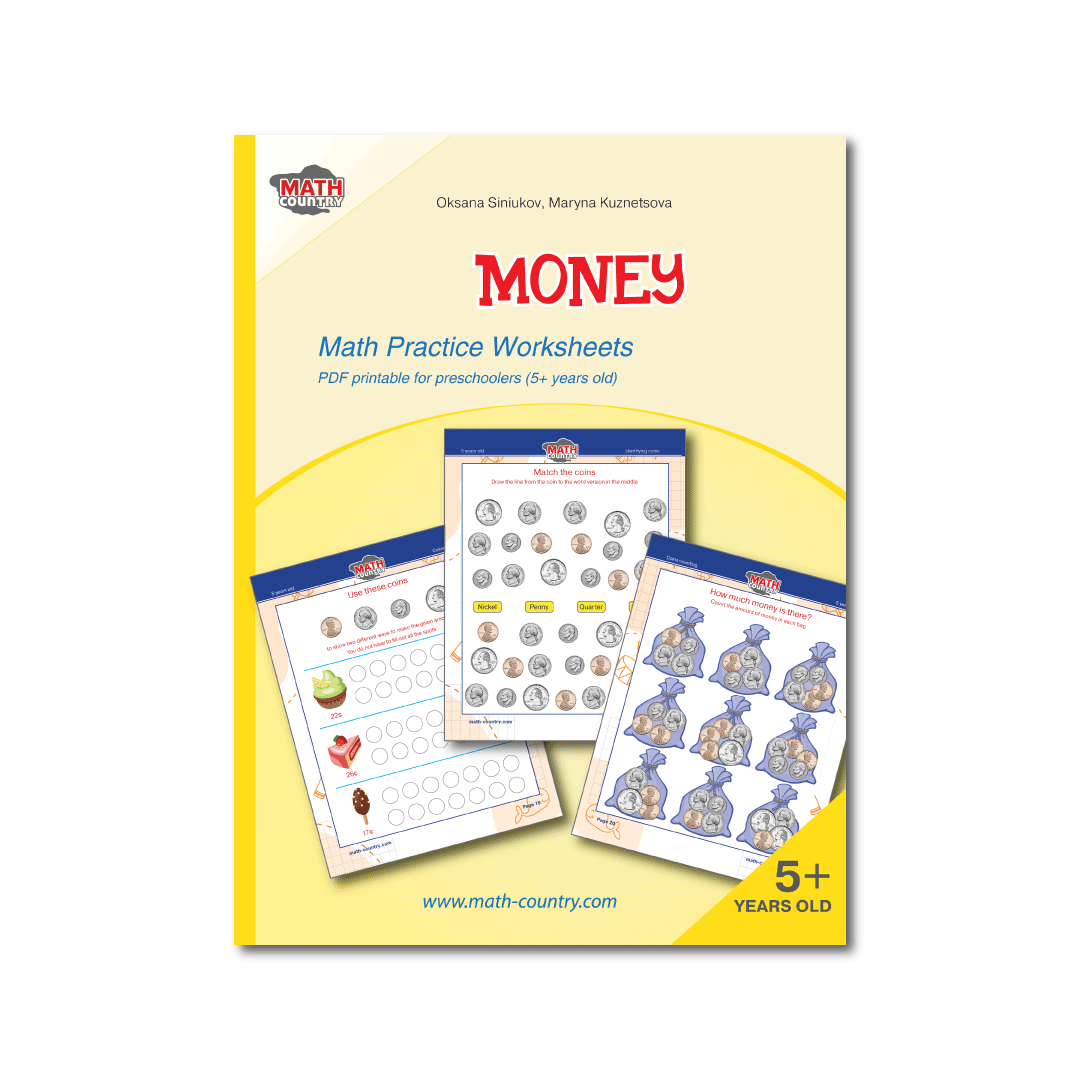
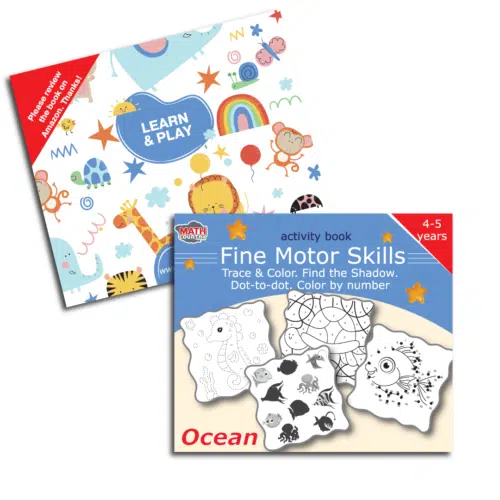
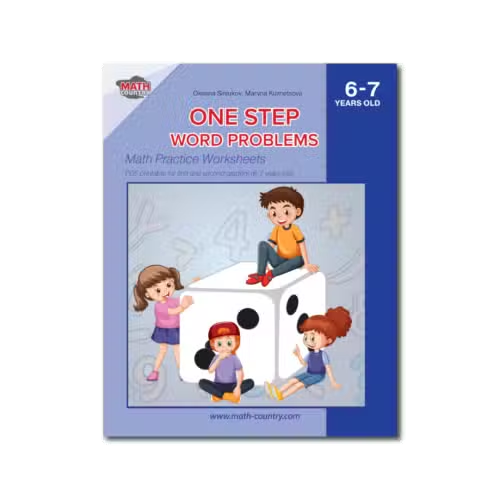
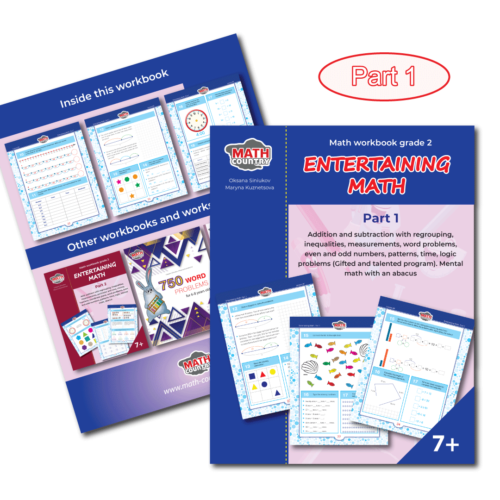
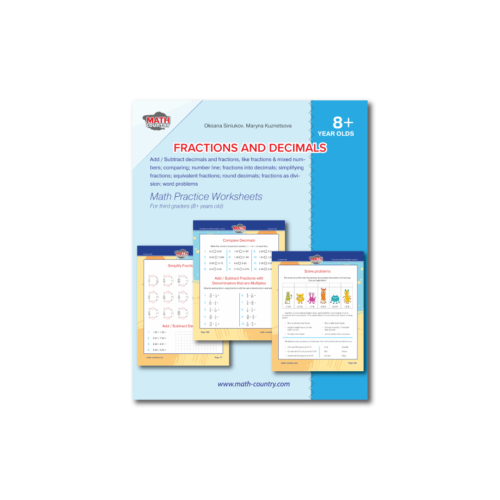
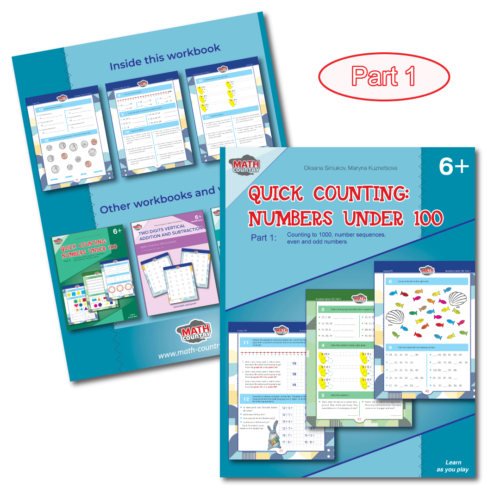
Olga –
Adam –
Galina –
Sophia –
One of the best sets I came across. Plenty problems for practice, plus I do not have to search for additional pages: it is all in one set.
Print it once, and yo have enough to practice for the next couple months.
Definitely recommended.